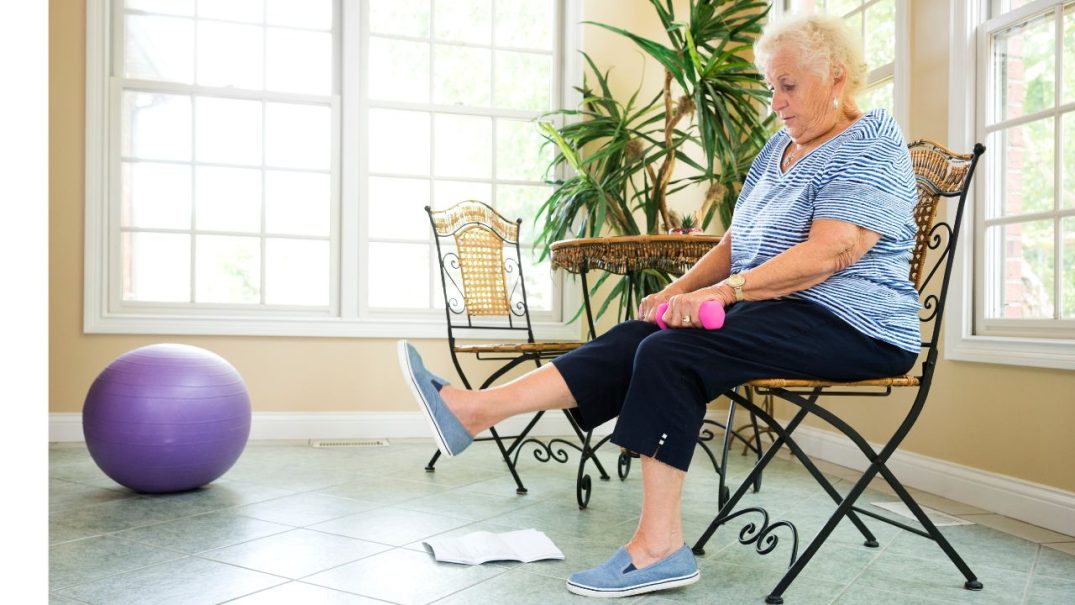Author Archive

As we age, our housing needs evolve. The spacious two-story home that was once perfect for raising a family may no longer be the best fit. For seniors in Halifax, Nova Scotia, downsizing to a more accessible and safer home is a practical way to maintain independence and improve quality of life. Whether transitioning to…

Simple Steps to Boost Activity Levels in Halifax, NS As we age, maintaining an active lifestyle becomes increasingly crucial for overall health and well-being. Regular exercise can improve cardiovascular health, strengthen bones and muscles, enhance cognitive function, and boost mood. However, many seniors in Halifax, NS, may not be getting enough physical activity to maintain…

Home stagers are professionals who enhance the appeal of a property to make it more attractive to potential buyers. Their primary goal is to showcase the home’s best features while minimizing any shortcomings, ultimately helping to create an inviting and memorable environment that can lead to a quicker sale and potentially a higher sale price….

As a homeowner, selling your property can be an exciting yet daunting task. One crucial step that many sellers overlook is investing in a pre-listing inspection. A pre-listing inspection is an inspection of your home that you do before listing it for sale. This article will discuss the numerous benefits of investing in a pre-listing…

Buying a home is a significant life decision, whether you’re dreaming of lush lawns or a low-maintenance lifestyle. However, the path to homeownership can differ significantly depending on whether you’re eyeing a condo or a single-family dwelling. Understanding these differences is crucial for making informed decisions and ensuring a smooth buying process. The Purchasing Process:…

The beauty of downsizing lies in its potential to act as a springboard for aging in place. By strategically selecting a smaller living space, seniors can proactively create an environment that supports their independence and well-being for years to come. Here’s how: Choosing Accessible and Adaptable Spaces: Downsizing allows seniors to prioritize homes with features…
